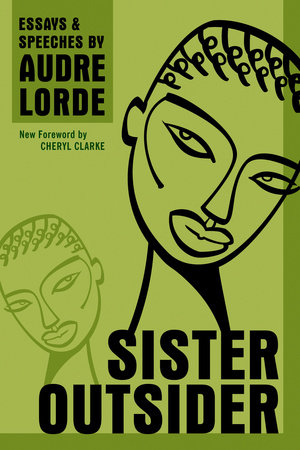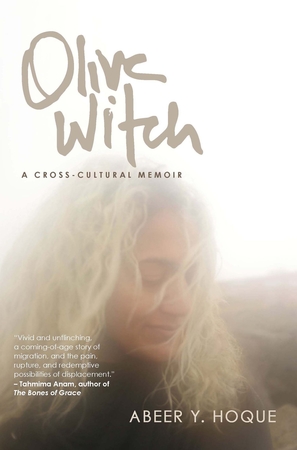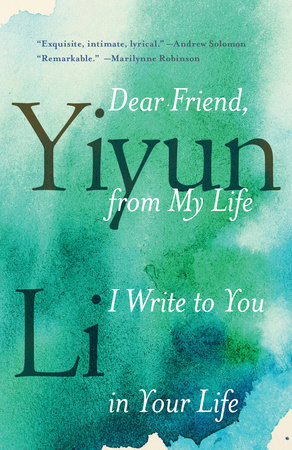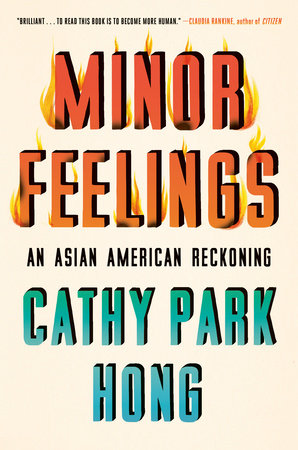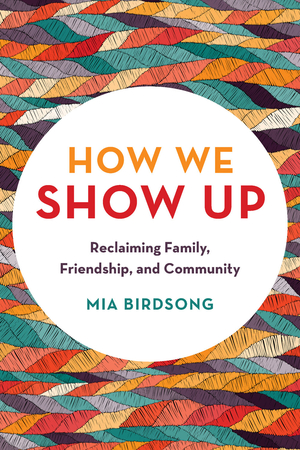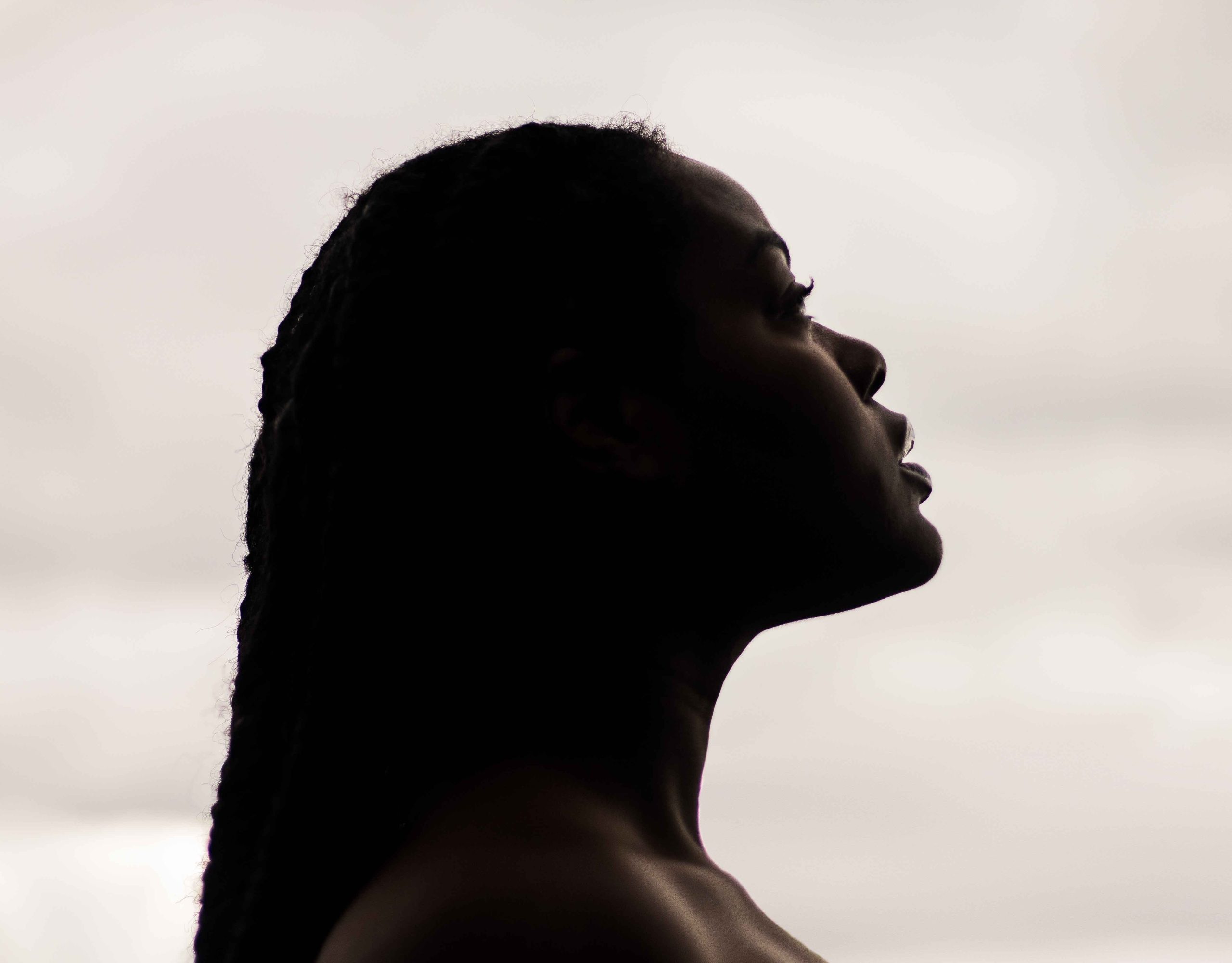Reading Lists
9 Books Where Women of Color Tell Their Own Stories About Mental Health
Sejal Shah recommends essay collections and memoirs about women talking back

I often describe my debut collection, This Is One Way to Dance, as essays about race, place, and belonging written across twenty years. But they are also meditations on friendship, time, and love; on how to keep moving in the face of trauma and loss. My book is about making one’s way in the world, finding and claiming home. This Is One Way to Dance includes travel narratives, linear narratives, and several lyric essays. At some point I learned the name for a form I had begun writing: the lyric essay—a hybrid form between the essay and the lyric poem, in which utterances, circling, unparaphrasable plot is the norm.
Although I shaped and revised essays to make a memoiristic arc, when I reread This Is One Way to Dance, the gaps and silences in the narrative surprised me. In an essay I wrote about my relationship to food and cooking, I mentioned that I spent much of one year on my couch, depressed, watching reruns of Friends. But I didn’t mention the story behind the story: that I had been diagnosed with a major mood disorder and had a terrible time finding a medication that allowed me to speak, that didn’t have the side effect of aphasia, my sentences trailing off; that I had lost my confidence after repeated harassment by a professor in my program; and that I had struggled to make sense of myself as a writer of color in a creative writing program with a racist and silent workshop model, standard at the time.
Last year, in an essay not in my book, I wrote about neurodiversity and manic depression. I could only write that essay after other essays that were, in so many ways, about what could not be said at various points in my life. During those years, I looked to writers and books who showed me a way forward: women of color who had reference points other than Western medicine or binary models of illness and health. Books helped me feel less alone. They helped me find words to talk back.
Sister Outsider by Audre Lorde
Sister Outsider has been a touchstone for me ever since reading Audre Lorde’s essay, “The Transformation of Silence into Language & Action,” in college. In an interview with Adrienne Rich, Lorde said, “One thread in my life is the battle to preserve my perceptions–pleasant or unpleasant, painful or whatever…I kept myself through feeling. I lived through it.” This belief in Lorde’s value of her experience as a Black lesbian showed me that you can choose to value your perception in a world that would rather gaslight you. Rereading “The Transformation of Silence” helped me survive racism and sexism in academia, health care, and the workplace–and to fight for my mental health and to write about it. The titles of Lorde’s essays are keys and seem especially prescient right now: “The Master’s Tools Will Never Dismantle the Master’s House.” Lorde reminds us, “In a world of possibility for us all, our personal visions help lay the groundwork for political action.”
Talking Back: Thinking Feminist, Thinking Black by bell hooks
In these essays, hooks writes of the difficulty of claiming a voice, the anguish of speech, the use of a family name as a pseudonym. I bought this book in the ’90s when I was in graduate school and continued to refer to it over the years. Hooks described a “fear of madness” and how she was sure madness was the “destiny of daring women born to intense speech.” Like many women, she was taught to talk in a way that was also a kind of silencing. In Talking Back, hooks connects the defiant speech that could be seen as madness to the same impulse that allowed her to claim herself an independent thinker and writer.
Olive Witch: A Cross-Cultural Memoir by Abeer Y. Hoque
In this lyrical memoir, Abeer Y. Hoque writes about her childhood in Nigeria, her Bangladeshi heritage and family, and coming of age in the United States. Weather conditions and poems frame each chapter. We travel through Hoque’s childhood in Nigeria and her later life in the United States through institutions and cultures: high school, universities, academia, a psychiatric ward, to Dhaka, Bangladesh with extended family. The entire meta-framing of the memoir resists a Western binary of illness and health. Our whole concepts of health and illness are cultural, which is made clear by this memoir that spans continents and cultures. During her stay at a hospital for atypical depression, Hoque points out that “silence is a terrible spokesperson.”
Since my mother grew up in Kenya, I especially appreciated reading about Hoque’s third culture and the specificities of being a child in Nssuka, and her relationship to Bangladeshi culture and to various parts of the U.S.
Citizen: An American Lyric by Claudia Rankine
I heard Claudia Rankine read from Citizen: An American Lyric in 2016 on the last day of November. I saw a book-length lyric essay make something visible that was all too visible to some of us in the U.S. and completely invisible to others. Rankine’s use of white space, images, and words link microaggressions to macro aggressions, explore issues from the exhaustion of anti-Black racism on elite college campuses, to Serena Williams, to a list of Black men killed just for existing. For a time, I used an excerpt from Citizen as an epigraph to my book:
“You take in things you don’t want all the time. The second you hear or hear or see some ordinary moment, all its intended targets, all the meanings behind the retreating seconds, as far as you are able to see, come into focus. Hold up, did you just hear, did you just say, did you just see, did you just do that?”
And I felt as though I was not crazy—to see the range and kinds of ways these words injure, it made me feel sane. It wasn’t just me. Of course, it wasn’t just me. It’s a system. It helped to see this Black essayist write as resistance to a world that harms. Rankine’s artistry is a call to fight back.
Care Work: Dreaming Disability Justice by Leah Lakshmi Piepzna-Samarasinha
Care Work: Dreaming Disability Justice opened my mind from the preface, where Leah Lakshmi Piepzna-Samarasinha, a queer, disabled, femme writer, organizer, performance artist of Burgher/Tamil Sri Lankan and Irish/Roma ascent, writes about the long tradition of writing from bed.
Disability justice allowed me to understand that me writing from my sickbed wasn’t me being weak or uncool or not a real writer but a time-honored crip creative practice. And that understanding allowed me to write from a disabled space, for and about sick and disabled people, including myself, without feeling like I was writing about boring, private things that no one would understand.
And suddenly, I saw a framework for the way that I, too, had worked. Piepzna-Samarasinha writes about the history of the term “disability justice” and its connection to disabled Black and Brown queer liberation. Reading Care Work helped me write into the silences in my essays and helped me to write about and claim my neurodiversity and invisible disabilities. From Care Work: “We know we are powerful not despite the complexities of our bodies, but because of them.”
Dear Friend, from My Life I Write to You in Your Life by Yiyun Li
The dedication page of Dear Friend reads, “This book is part of a conversation with Brigid Hughes.” So many books and works of art come out of conversations and collaborations with long-time friends, many of them other writers. This book is an exploration of living with depression and suicidal thoughts, recoiling from the autobiographical I (Li is a primarily a fiction writer), but using it nonetheless to tell a story. To write, “What kind of life permits a person the right to become his own subject?” I appreciated Li’s definition of memory, of memoir: “Memory is a collection of moments rearranged–recollected–to create a narrative. Moments, defined by a tangible space, are like sculptures and paintings.”
The Collected Schizophrenias: Essays by Esmé Weijun Wang
In this sharp collection, Wang shows us what it is like to be the crazy subject, but even then, the tone is cool, collected, smart, considered. A few essays stand out: In one of my favorites, “Yale Will Not Save You,” Wang writes, “‘I went to Yale’ is shorthand for I have schizoaffective disorder, but I’m not worthless.’” In “High Functioning,” Wang notes, “There are shifts according to any bit of information I dole out. Some are slight. Some tilt the ground we stand on.” She considers the ways those who have mood disorders or other disabilities perform our worth, our competence, our value in our capitalist culture. I admire her awareness of identity as complicated, situational, multi-valenced. Her essays argue that we are each more than our histories or backgrounds or diagnoses.
Minor Feelings: An Asian American Reckoning by Cathy Park Hong.
I, like many Asian Americans, loved this book so much—was waiting for it. Hong, a gifted poet and essayist, names and defines “minor feelings: the racialized range of emotions…built from the sediments of everyday racial experience and the irritant of having one’s perception of reality constantly questioned or dismissed.” Hong draws upon Rankine’s work in Citizen and looks at what happens to Asian Americans who are often read as or considered white-adjacent, or the dreaded model minority.
One of the many things I admire is that Hong opens the book with this line: “My depression began with an imaginary tic,” and wrote, in the first essay, “United,” about looking for a Korean American therapist because “I thought I wouldn’t have to explain myself as much. She’d look at me just know.” This is the dream, I’ve seen writers exclaim on Twitter. It doesn’t quite work out that way in Minor Feelings, but I appreciated that a book that was so far-ranging as to cover Richard Pryor’s standup, the cross-genre artist Theresa Hak Kyung Cha’s memoir, Dictee, college friendships, Chinese Exclusion Acts, the 1965 Immigration Act began, simply, with Hong’s depression and the search for a good therapist.
How We Show Up: Reclaiming Family, Friendship, and Community by Mia Birdsong
Mia Birdsong’s How We Show Up: Reclaiming Family, Friendship, and Community is a book we all need now. Written well before COVID-19, How We Show Up was released in June 2020. Birdsong, a Black activist, writer, and storyteller, captures the loneliness and isolation for so many in our fractured American culture. How We Show Up addresses the ways in which the American Dream, never an option for many, and “toxic individualism in family-unit form” is failing even those who may appear to have achieved it, as she has. “Not having deep connection is causing us mental and physical harm,” she writes.
Birdsong offers us a map to reimagine and extend kinship and belonging, looking to Black and queer communities, who have historically defined family more broadly. Drawing from research, interviews, and her own experiences as the daughter of a white American mother and a Black Jamaican father, Birdsong has written a guide for how we can live more connected lives, investing in friendships and community. Raised by a single mother, Birdsong grew up poor and working class and built the family network she needed to thrive.
I met Mia through our close friend, Cat, chosen family for us both. How We Show Up has made me feel hopeful, even during the pandemic. Birdsong reminds us: “All of us have ancestral memory of what it’s like to live connected, interdependent lives…this is a process of decolonization.”





